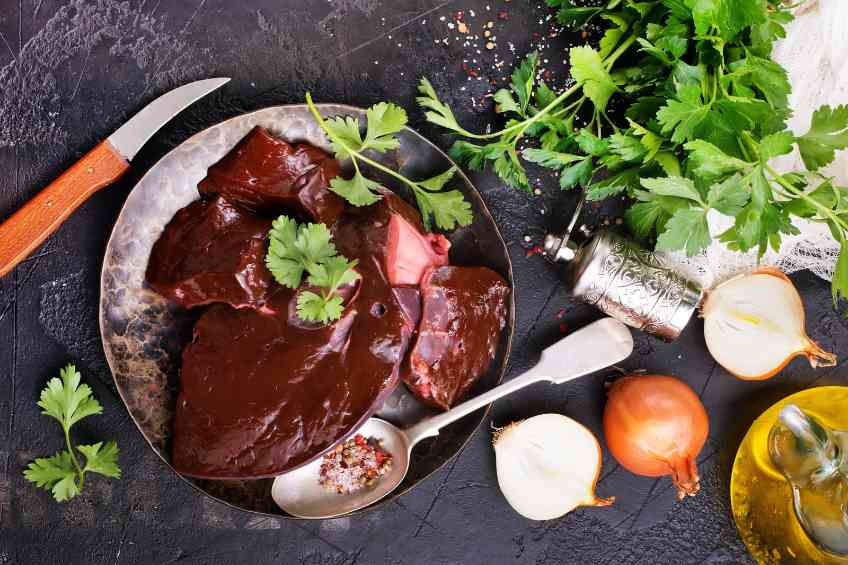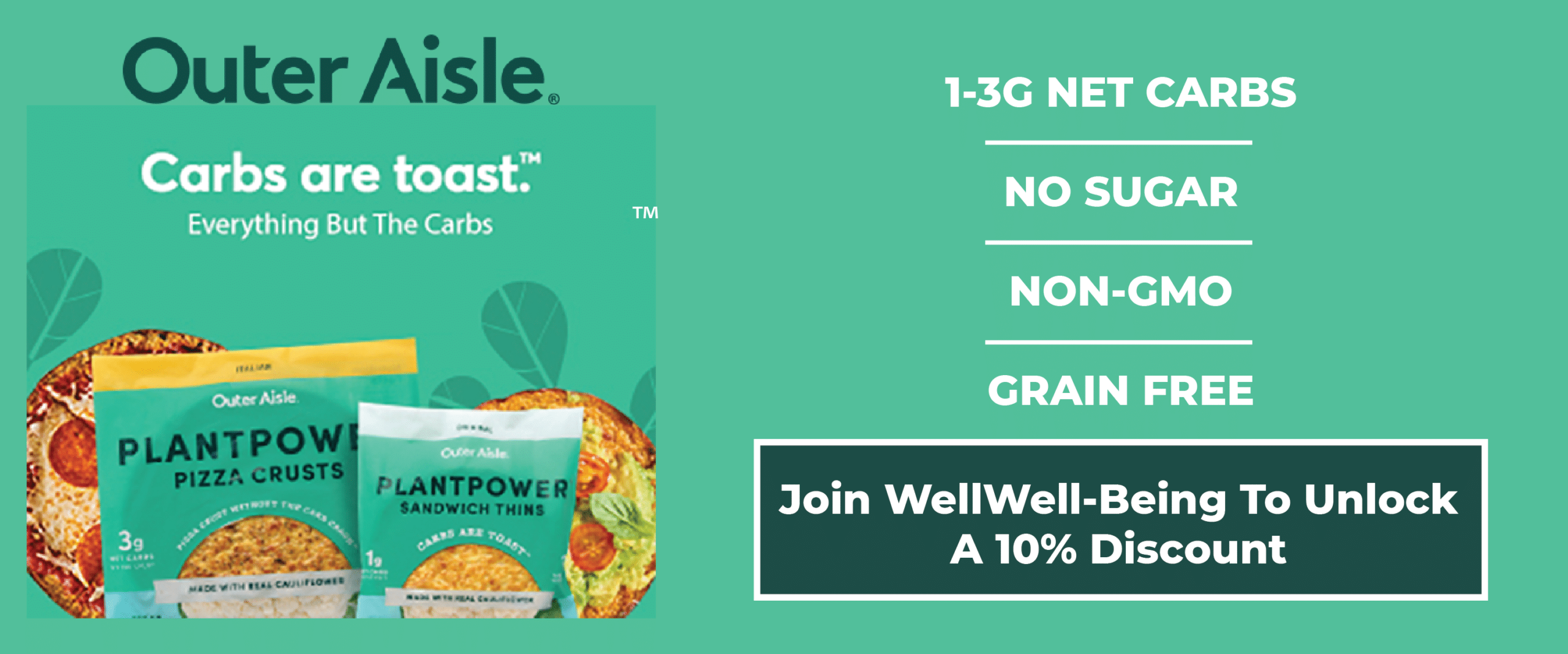The Skinny:
Liver is a love-hate food. Yes, it can smell great frying in a pan with onions and bacon, but sometimes the texture or taste—no matter how it is cooked— doesn’t sit well. British adults are a classic example of this push-pull relationship. One survey found liver was the second-most disliked food in the United Kingdom, with 46 percent of respondents reporting they can’t stand it. Only oysters fared worse, and 47 percent of Brits gave these shellfish a thumbs down. Unfortunately, it is tough to beat the health benefits of eating liver. It also comes in many forms, which shouldn’t be surprising. There is beef, calf, pork, lamb, chicken, goose, duck and cod liver. They are all unique in terms of texture and taste. The health benefits, however, are a common denominator. Read on.
The Slate:
Anemia Fighter
Anyone looking to offset anemia-caused dietary iron deficiency will look no further than the liver. One three-ounce serving of liver has more than twice the minimum daily requirement of iron while also kicking in 3,500 percent of the daily requirement of vitamin B12. These vitamins work in tandem to prevent anemia and its ugly symptoms of muscle weakness, fatigue, depression and lack of focus.
Builds Immune System
The vitamins B12, K2 and A that the liver holds are essential for a healthy immune system. But that’s not all. The liver is like a meaty medicine cabinet because it also delivers folic acid and minerals like copper, iron, selenium and zinc. It also offers doses of vitamins B6, C, D and E that help the immune systems function.
Focused On Eye Health
A simple serving of beef liver, about three ounces, supports vision and eye health because it provides 731 percent of the daily vitamin A requirement. It comes via retinol, which is absorbed more efficiently than plant-based vitamin A. This vitamin also supports corneal and conjunctival membrane health and helps fight eye inflammation. Not enough? The zinc in liver can help fight degenerative oxidation.
Good Thinking
It is wise to eat liver because it contains choline, which supports cognitive performance and fights anxiety and mood disorders. Choline may prevent a deficiency that leads to dementia and Alzheimer’s disease. In addition, the selenium in the liver may support memory function, help prevent dementia and lessen depression.
Weighty Benefits
Weightwatchers, began in the 1970s by the New York City Department of Health, was an early supporter of liver as part of a weight-control diet. They viewed liver as a superfood since it was nutritionally rich, high in protein and relatively low in calories and fat.
Rich Warnings
The nutrients loaded in liver can cause concern for some, and it is wise for at-risk groups to limit consumption to one serving per week. Anyone with heart disease should limit consumption because meat is high in dietary cholesterol. As noted, it has with vitamin A and may pose toxicity problems for developing fetuses and people whose livers cannot process liver. Those with gout may also want to avoid liver’s high copper content and the toxicity it can cause. Consult a physician for more guidance.
Eyes Up:
Are you a liver lover? Tell us why at info@wellwellusa.com.
WellWell editors independently identify services and products of interest. If readers purchase anything through the associated links, WellWell may earn a commission, which goes to support our work. Learn More.













